Essential Commercial Kitchen Equipment Buying Guide
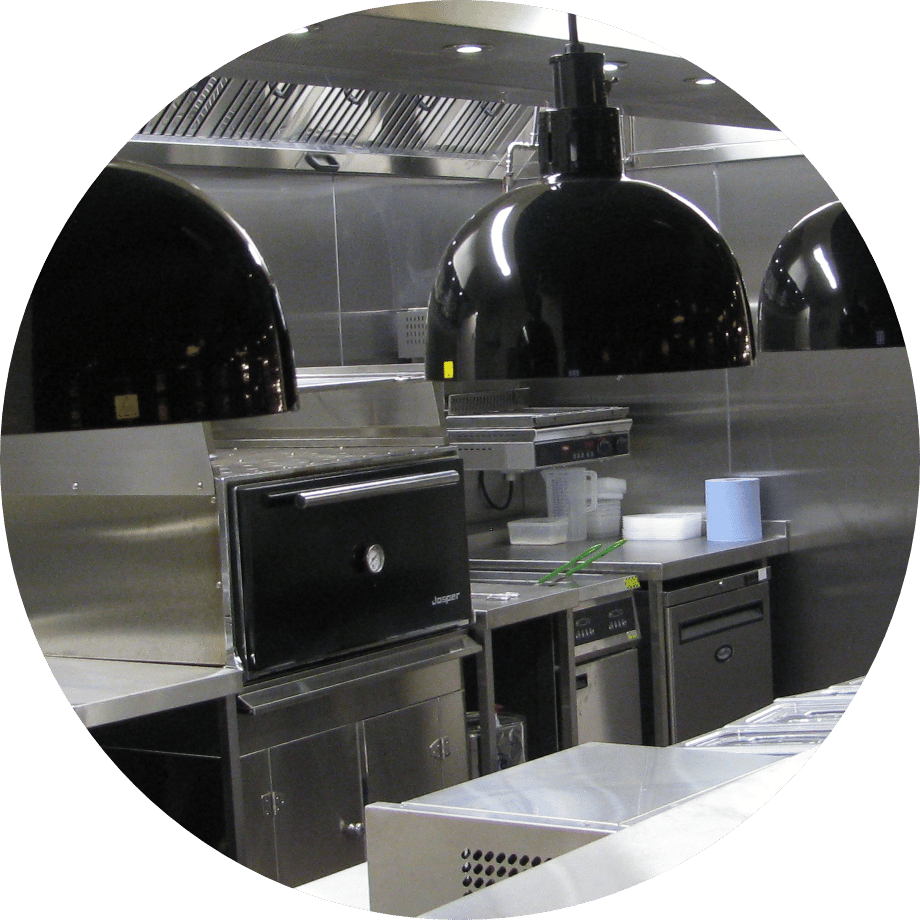
Opening a new commercial kitchen can be a daunting, time-consuming and costly process, especially if you pick inadequate kitchen equipment. Of course, the appliances you need for your kitchen will depend on various factors: kitchen size, cuisine type, menu, budget etc. But by understanding precisely what you need, you can source the best commercial kitchen equipment to run a successful kitchen.
To make the process easier, this article highlights the different areas to consider. If you want to discuss your site requirements further, please get in touch with our INOX experts.
What are the commercial kitchen equipment essentials?
No matter the size or type of eatery you own, a commercial kitchen is made up of 5 key areas:
- Cooking
- Warewashing
- Refrigeration
- Preparation
- Ventilation
The equipment you choose will not only affect the efficiency of each area, but it can also impact the performance of another area if not planned or purchased correctly.
Cooking Equipment
When we talk about cooking equipment, we mean everything from your oven and hob to microwave and fryers. Before you invest, consider your menu and what equipment you actually require. For example, a combi-oven can cook be used to cook various ingredients and menu items, making it a great space saver whilst reducing energy consumption and producing more consistent cooking results.
Understanding what kitchen equipment you need also helps manage your energy consumption. Whether you run a hotel, school, restaurant or café, all hospitality kitchens need to consider their energy use. Not only to reduce your impact on the environment but to also provide more sustainable cooking equipment which will ultimately save you money in the long run.
Our article on reducing energy costs in commercial kitchens can help you save.
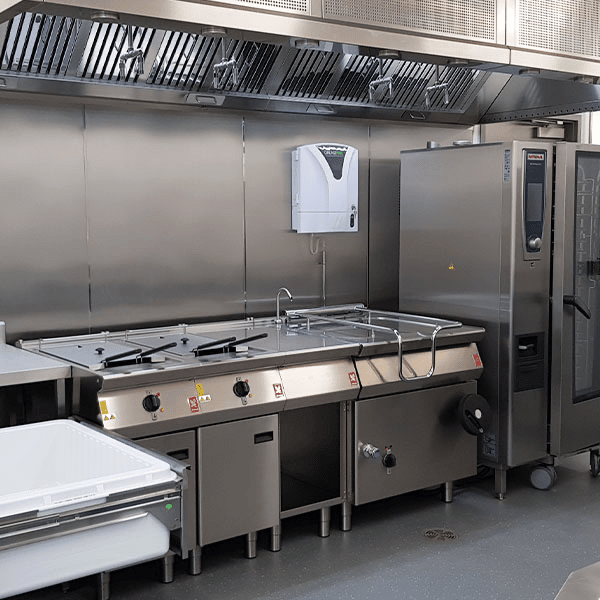
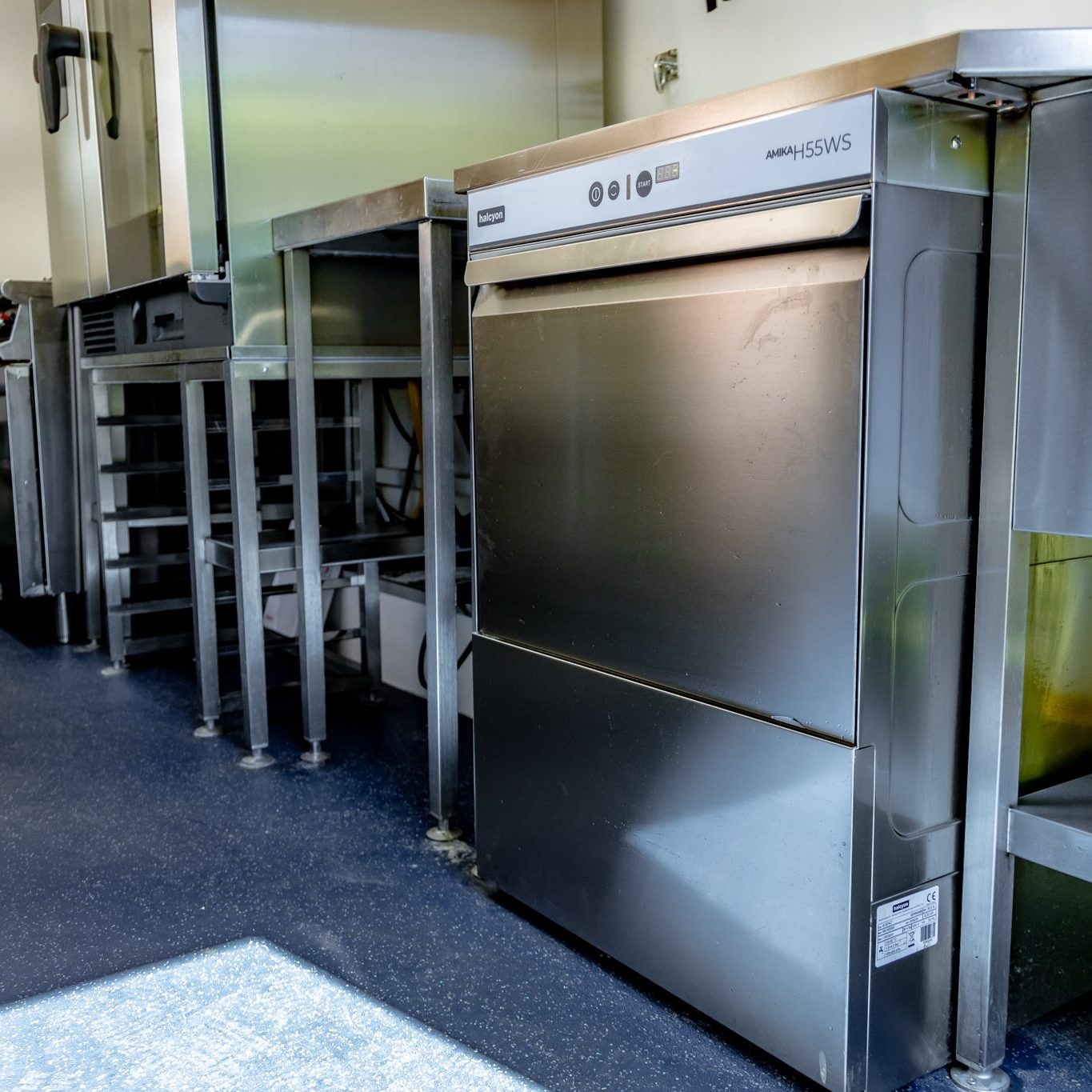
Warewashing Equipment
Commercial warewashers and glasswashers are designed for speed and durability. During peak times, your restaurant will require a constant turnaround of clean tableware. Many businesses may consider a domestic dishwasher which is will save money short-term, but these are not built to keep up with the demands of a commercial kitchen. Nor do they meet the set hygiene standards and regulations.
To maintain these hygiene standards, commercial dishwashers must run between 49 – 60°C when washing and 82 – 88 °C when rinsing. These higher temperatures, along with effective detergent, remove dirt, stains and harmful bacteria. Providing peace of mind that your kitchen essentials are thoroughly clean.
Refrigeration Equipment
The core purpose of your commercial refrigerator is to safely store food. This ensures you’re compliant with food health and safety regulations as well as reducing any food wastage. Similarly to dishwashers, many businesses try to get away with domestic refrigerators. However, these do not meet the practicalities of a busy restaurant.
Commercial refrigerators are intended to store large amounts of stock. Overfilling refrigerators will cause them to overheat, underperform and use excess energy. They’re also designed to meet the needs of your kitchen; offering various styles to maximise your kitchen’s space. These include upright fridges or freezers, refrigerator counters and under-counter cabinets which double up as an additional surface, as well as different door types to limit the loss of cold air.
Read our guide to choosing your commercial refrigeration equipment for more information.
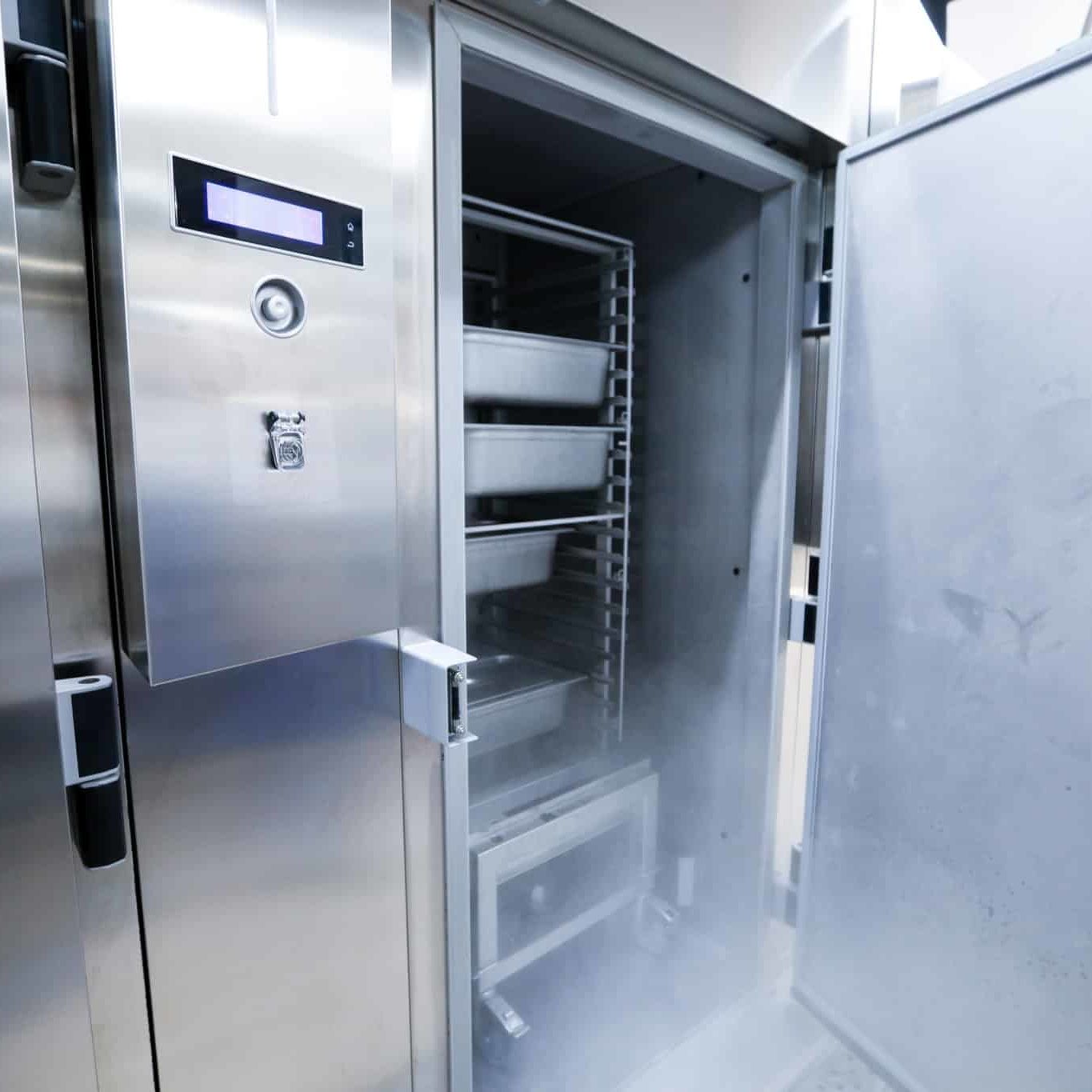
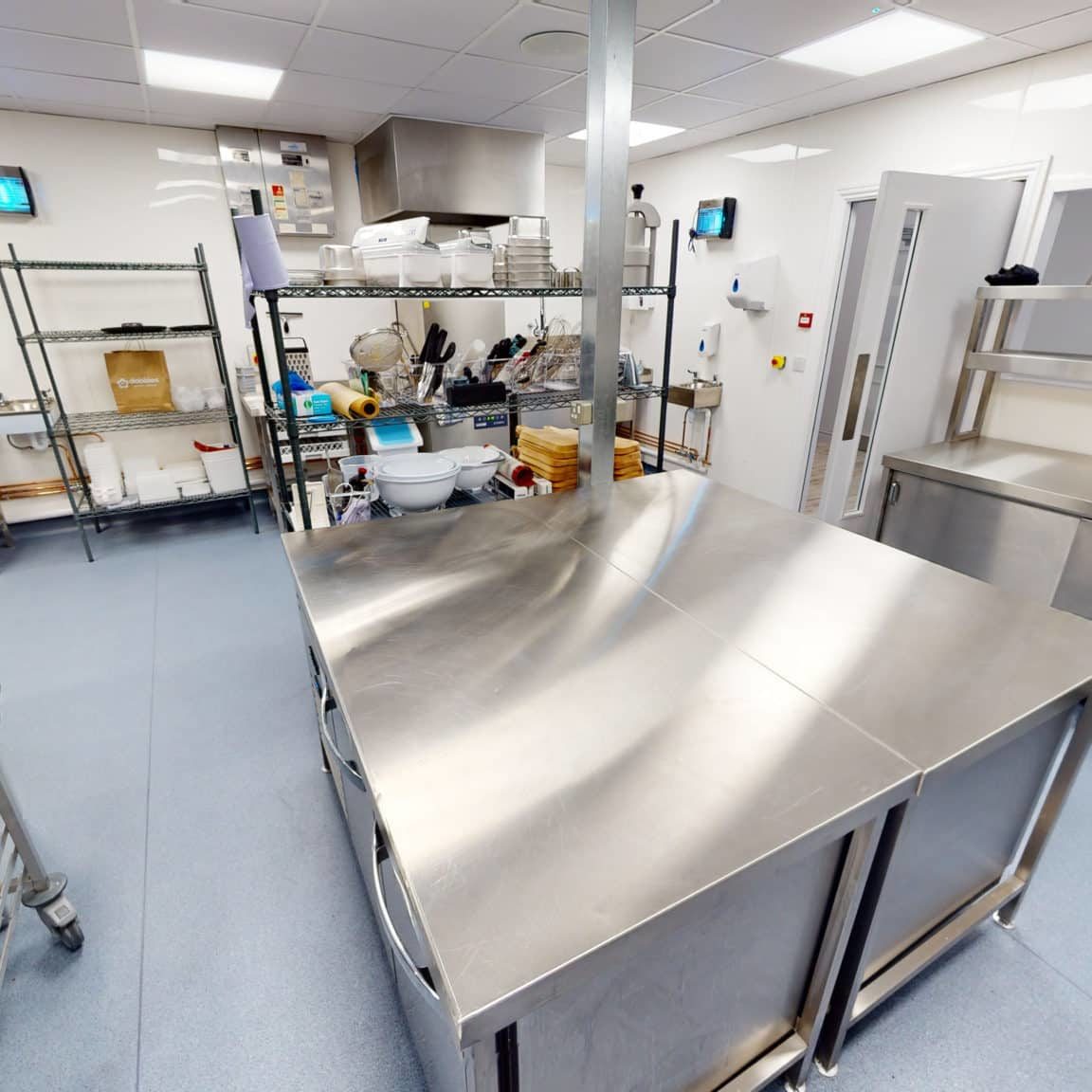
Preparation Equipment
Preparation equipment can be anything from commercial slicers and commercial mixers to potato peelers and blenders. Basically, they’re the accessories you’ll find on top of or in counters which help create your menu.
These kitchen accessories are in regular use and essential to the running of your kitchen. Therefore, you need to invest in high-quality products and durable materials that will survive constant use and cleaning. Many items such as knives will need to be colour coded too or assigned to particular foods in order to meet food health and safety rules.
Ventilation Equipment
Purchasing the correct type of ventilation for your commercial kitchen should be one of the first things you consider. It ties in with your kitchen design to ensure your ventilation effectively extracts excess fumes, heat and smells.
The appliances you have in your kitchen will also help determine which variation of ventilation will work best. As well as the available space to ensure you have adequate airflow which helps your appliances perform at peak, whilst maintaining a pleasant working environment.
Our article on the Importance of Commercial Kitchen Ventilation provides more information on this topic.
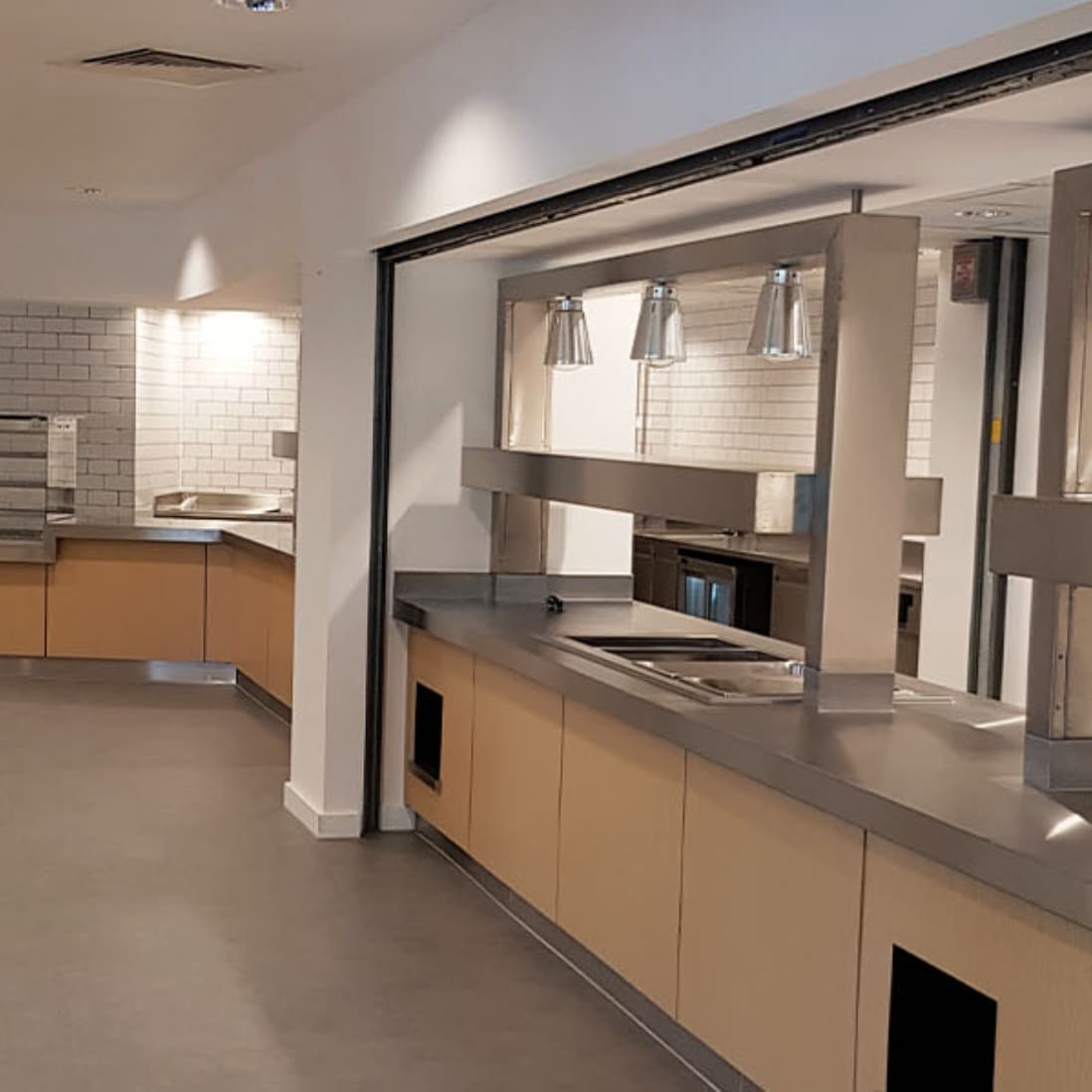
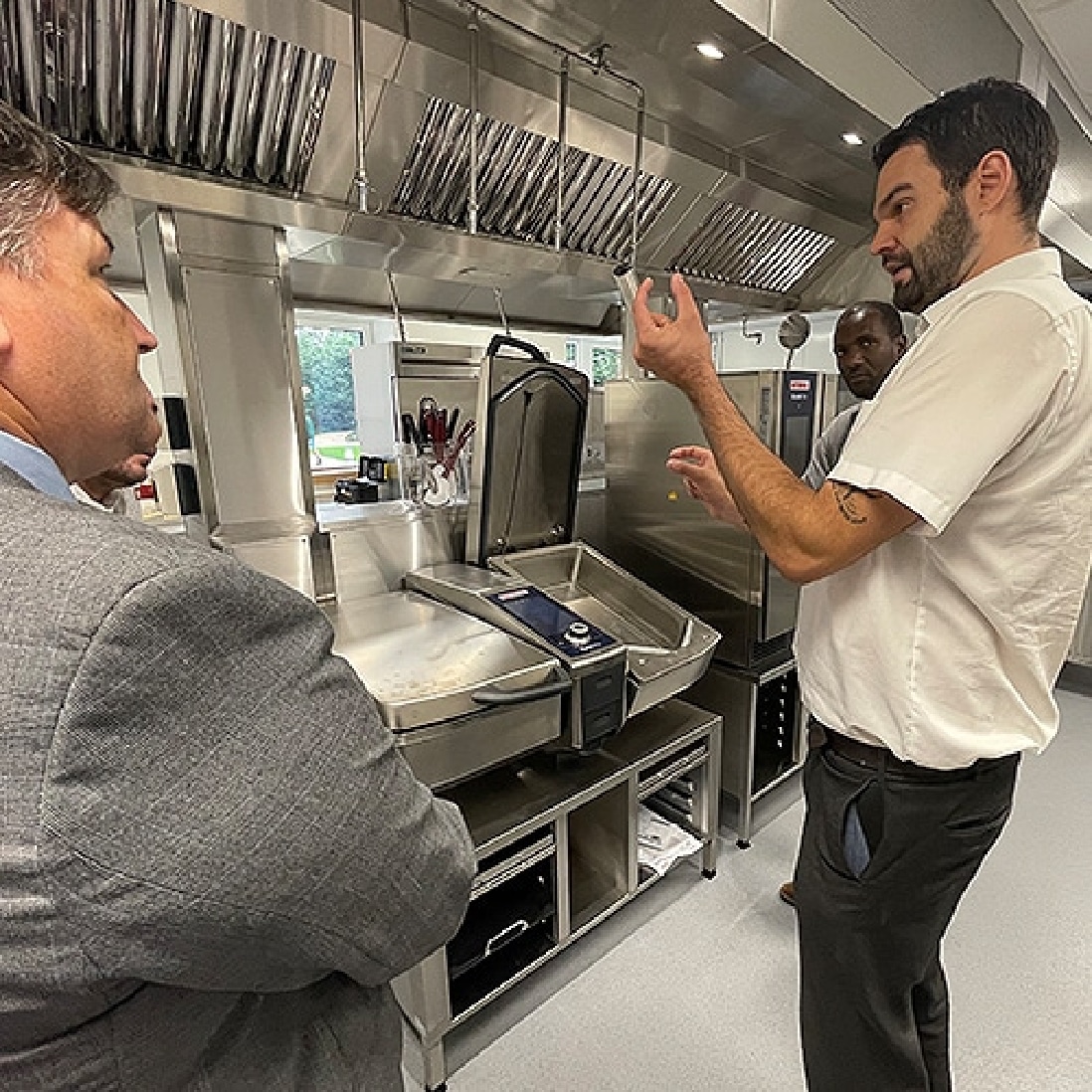
Start sourcing your commercial equipment today
Are you opening a new commercial kitchen, or looking to upgrade your current equipment? Our team of experts can work with your space, menu and budget to source the most cost-effective and energy-efficient kitchen equipment to elevate your business.

Share This: